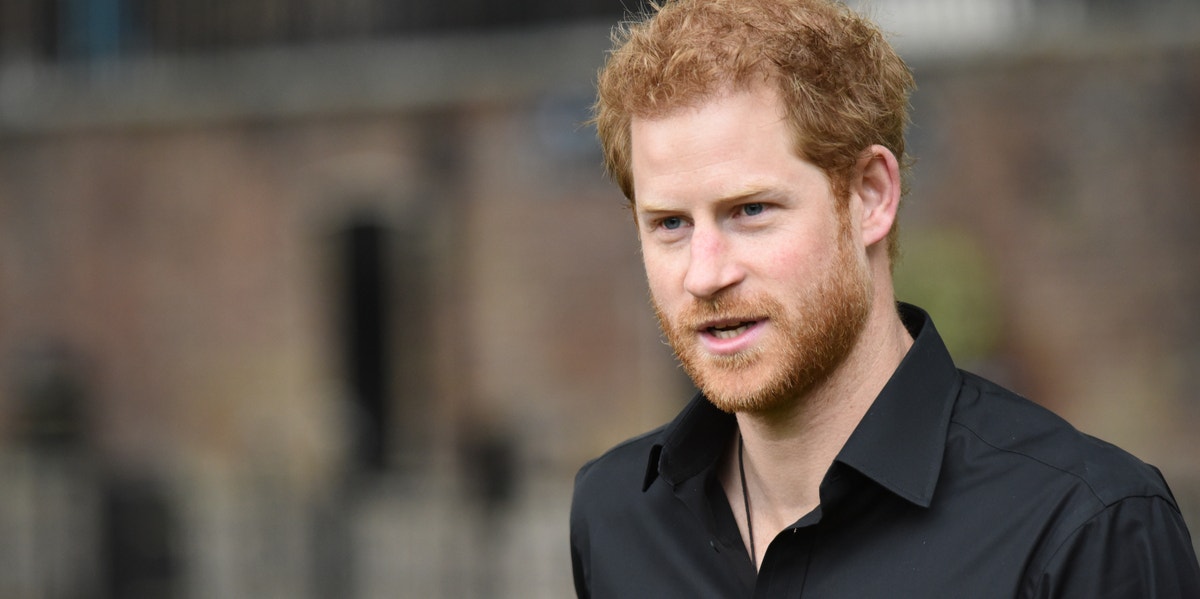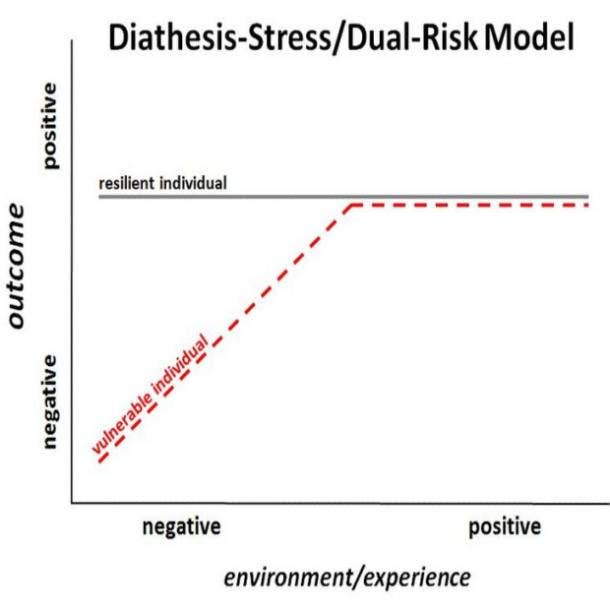
Prince Harry opened up on the Armchair Experts podcast.
By Courtney Enlow — Written on May 14, 2021
Photo: Bart Lenoir / Shutterstock

Prince Harry has once again spoken about his complicated family dynamics, saying he wants to "break the cycle" for his own children.
While appearing as a guest on Dax Shepard's Armchair Expert podcast, the Duke of Sussex, 36, compared his life to "The Truman Show" and explained the decision he and wife Meghan Markle, 39, made to raise their children (son Archie, 2, and their unborn daughter) away from royal life.
And while UK tabloids have been quick to cast Harry's comments as critical of his father and playing the victim,
Prince Harry made sure to address his understanding of the intergenerational trauma that can be passed down among those with a long history of toxic family dynamics.
"I don't think we should be pointing the finger or blaming anybody," Harry told Shepard, "but certainly when it comes to parenting, if I've experienced some form of pain or suffering because of the pain or suffering that perhaps my father or my parents had suffered, I'm going to make sure I break that cycle so that I don't pass it on, basically."
We spoke to psychotherapist Brooke Sprowl, the Founder, CEO, and Clinical Director of My LA Therapy, about breaking the cycle of generational family suffering and how to successfully raise healthy children when your own upbringing was difficult, as Harry's was.
RELATED: 21 Powerful Prince Harry Quotes On Mental Health And Losing His Mom, Princess Diana
According to Sprowl, everyone has certain predispositions to mental illness, trauma, violence, and other vulnerabilities.
The diathesis-stress model explains our underlying genetic vulnerabilities to stress.
 Photo: Mpluess, Public domain, via Wikimedia Commons
Photo: Mpluess, Public domain, via Wikimedia Commons
"Even with a low-stress environment, you might still become anxious, whereas someone with a low vulnerability, or a low genetic predisposition toward anxiety, for example, even in a very high-stress environment, may not develop those traits," Sprowl says.
Imagine there you are among the most famous people in the world.
"That's an inordinate amount of stress for anyone to be constantly scrutinized and having every detail of their lives made public from the time they're born and constantly being watched, you know, just not feeling like a normal person," Sprowl says.
"I always feel like anonymity is such a gift like I would never want to be really famous because there's some it's just a kind of like desire for me to be a human who can just go to the grocery store and you know being a grumpy mood without you know everyone talking about it or knowing about it being on the evening news. Even someone without a predisposition toward mental illness would probably have some you know that would be a very high stressor."
It's certainly no surprise then Harry and Meghan would want to raise their children away from the constant zoo-like environment, as he described it to Shepard, of the public eye that comes with being part of the royal family.
Still, that has not stopped members of his family or the British tabloids from critiquing the decision and judging the couple harshly for it.
How can someone with a history of generational trauma establish a healthy dynamic for their family — even when that family happens to be filled with princes, duchesses, and a queen?
"It's about how to re-establish a new way of relating with your family or with anyone who you want to change the relationship dynamic," Sprowl says. "The real work comes in learning how to establish healthy boundaries within an interaction."
Prince Harry actually sounds compassionate toward those who raised him. He basically says they gave the love they received.
And while he gets that it’s what they knew/learned, it was painful for him & so he wants to change that for his kids.
What’s controversial about that? pic.twitter.com/jjddhZdXHj— Laura Kramer (@Laura_Kramer) May 14, 2021
RELATED: Why Some People Believed Prince Harry But Not Meghan Markle
These boundaries can come in different forms.
Related Stories From YourTango:
For Harry and Meghan, it was a public break with his family and a move from the UK to California. For other families, the boundaries may be less scrutinized but no less difficult.
"Some families will not respect boundaries, no matter how clear you are, no matter how kind you are, no matter how much, you know, you try to work with them therapeutically, some people just aren't open to doing work. But in general, I think there's usually an opportunity to set appropriate, boundaries, and to create a secure attachment," Sprowl says.
"A secure attachment is a healthy balance of space and togetherness, where you can have your own life, and identity, and values and still be accepted and loved whether some level of independence and autonomy, but you can still have closeness. So that's kind of the ideal if you can work through that."
Hopefully, Meghan and Harry can find the dynamic that works best for them and their children — never mind what the press or media has to say about it.
RELATED: Why Prince Harry's New Job Makes Perfect Sense Given His Family's History Of Mental Health Struggles
Courtney Enlow is Editor of Pop Culture and Good News at YourTango. Her work has appeared at Vanity Fair, Glamour, Pajiba, SYFY FANGRRLS, Bustle, Huffington Post, io9, and others. She is the former co-host of the podcasts Trends Like These and Strong Female Characters.
